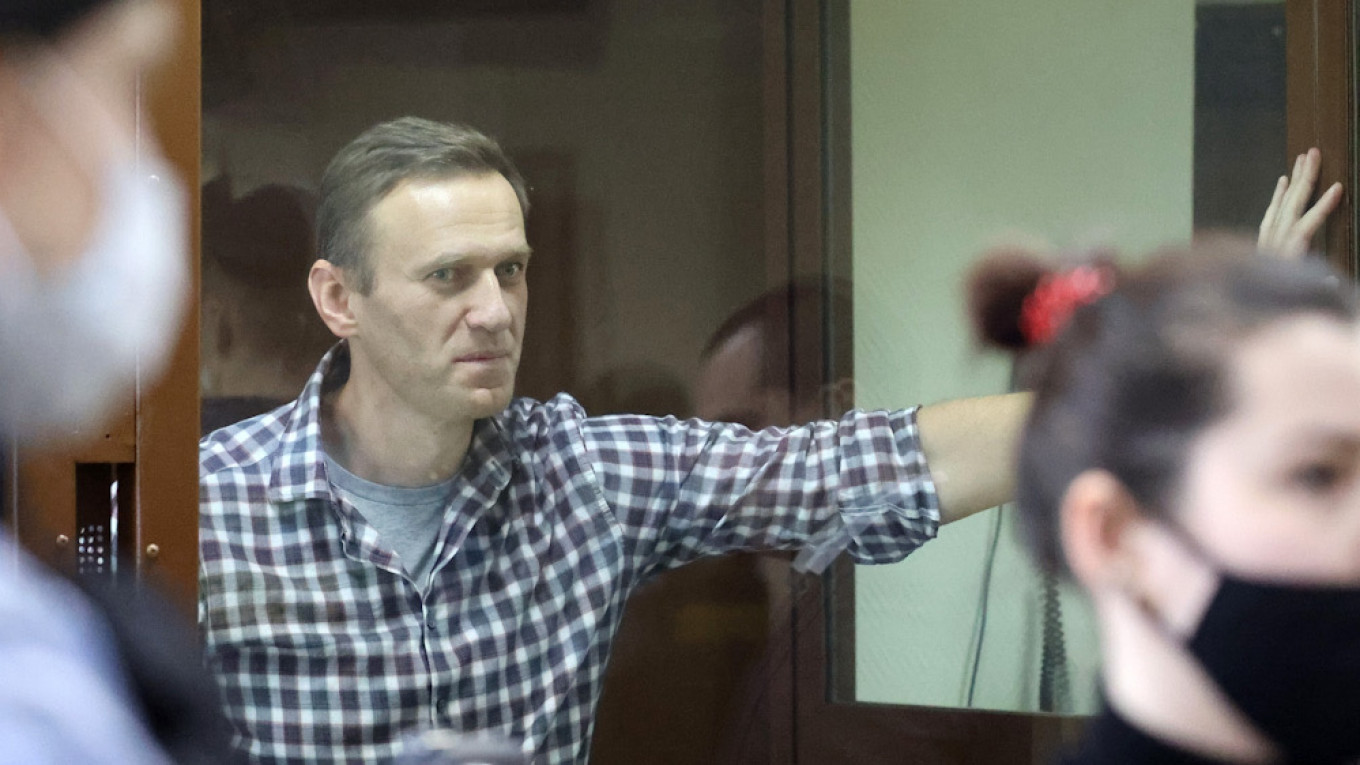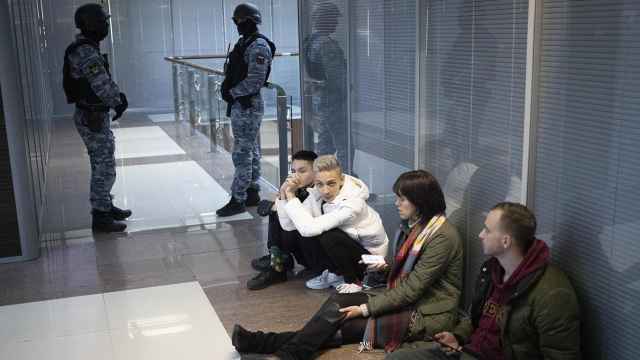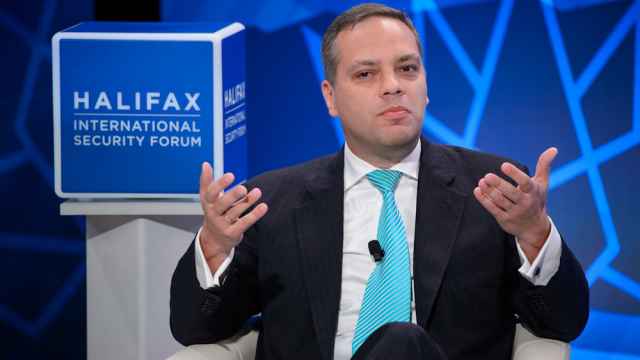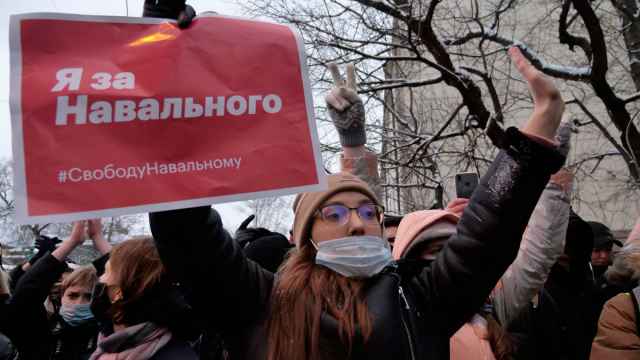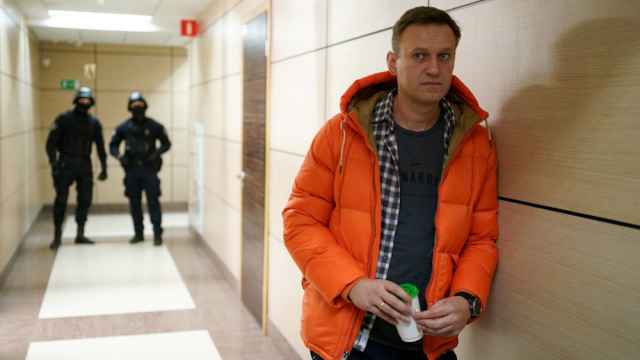Russia’s state internet watchdog on Monday blocked 49 websites linked to jailed Kremlin critic Alexei Navalny, including his personal website where he published investigations into alleged high-level corruption that have sparked nationwide protests in recent years.
Roskomnadzor’s actions come one week after it blocked the website of a prominent legal group that represented Navalny’s Anti-Corruption Foundation (FBK) in the case that saw it banned as “extremist,” as well as stock-photo sharing website Pixabay.
Navalny.com became inaccessible on Monday afternoon, with a message saying access has been restricted based on Russian information law. Roskomnadzor’s so-called “blocklist” website notes that Navalny.com was blocked at the request of the Prosecutor General’s Office.
In a statement carried by the state-run RIA Novosti news agency, Roskomnadzor said it blocked the Navalny-linked websites because of “propaganda and banned extremist activity.”
Exiled Navalny ally Leonid Volkov said nearly 50 websites linked to the jailed opposition figure were simultaneously blocked, including those of FBK lawyer Lyubov Sobol and Navalny's regional political network.
FBK’s Twitter account said it believes that authorities will next block Navalny’s “Smart Voting” website, where supporters can sign up to receive recommendations on which candidates likely to unseat pro-Kremlin incumbents to vote for in upcoming elections.
Volkov noted that there’s “no doubt” that authorities will block the “Smart Voting” website closer to the parliamentary elections this September.
A Moscow court declared Navalny’s political and activist network “extremist” last month, outlawing Russia’s most vocal force opposing President Vladimir Putin ahead of the vote.
Navalny, 45, is currently serving two and a half years in prison on old fraud charges he and his supporters call politically motivated.
He was arrested immediately upon returning to Russia in January after recovering from poisoning with what the global chemical-weapons watchdog and three European labs said was a Novichok-type nerve agent.
Several top Navalny allies have fled Russia or been placed under house arrest on charges of violating coronavirus restrictions during this winter’s anti-Putin protests.
A Message from The Moscow Times:
Dear readers,
We are facing unprecedented challenges. Russia's Prosecutor General's Office has designated The Moscow Times as an "undesirable" organization, criminalizing our work and putting our staff at risk of prosecution. This follows our earlier unjust labeling as a "foreign agent."
These actions are direct attempts to silence independent journalism in Russia. The authorities claim our work "discredits the decisions of the Russian leadership." We see things differently: we strive to provide accurate, unbiased reporting on Russia.
We, the journalists of The Moscow Times, refuse to be silenced. But to continue our work, we need your help.
Your support, no matter how small, makes a world of difference. If you can, please support us monthly starting from just $2. It's quick to set up, and every contribution makes a significant impact.
By supporting The Moscow Times, you're defending open, independent journalism in the face of repression. Thank you for standing with us.
Remind me later.


